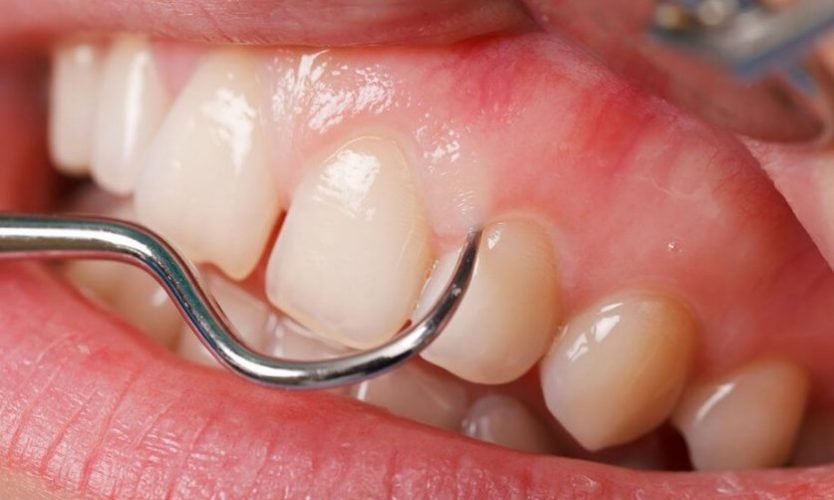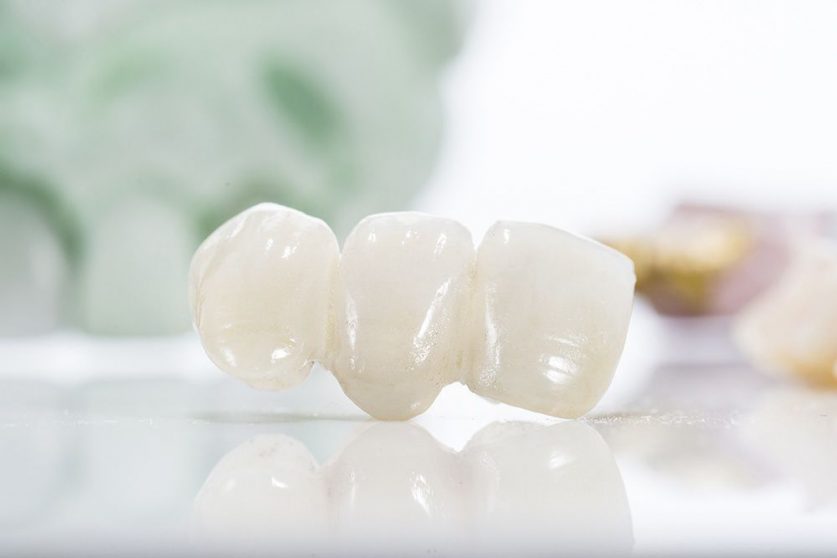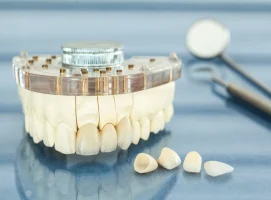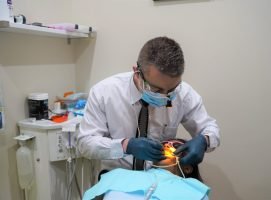How Should We If We Need Deep Dental Cleaning?
Sometimes a standers dental cleaning by a dentist isn’t enough. If bacteria spread below your gum line, you need Deep Dental Cleaning to restore your gums to health. For certain patients, deep cleaning isn’t necessary. You may require deep dental cleaning for gingivitis (the early stage of gum disease) or a more severe case of gum disease to prevent tooth loss and stop additional damage.
Using a probe to assess any pockets formed in the gums, your dentist can diagnose the problem at your regular check-up. The dentist open on Saturday might also take x-rays to see if there’s any bone loss. If the pockets are deeper than what a routine cleaning and appropriate at-home care can handle, you’ll require Dental Teeth Cleaning to get rid of the infection and aid healing. You may only require scaling and planning in a few locations, or the issue may be pervasive.
What are the symptoms and signs to know that you require deep teeth cleaning?
Gum disease does not usually cause discomfort or show apparent symptoms, making it difficult to determine when you need a Dental Deep Cleaning. However, there are many signs of being aware of:
- Bad breath or flavor regularly.
- Permanent teeth that are loose or separating.
- Gums that leak easily
- Swollen, reddened, or painful gums
- Gums that have retreated from the teeth
What happens after completing the process of deep dental cleaning?
They will give you home care recommendations following a comprehensive cleaning according to your specific needs. They will likely make a follow-up appointment 4-6 weeks later Dental Deep Cleaning Procedure to confirm that you are healing correctly. We may also recommend more frequent routine cleanings for a set amount of time. It will help to avoid new infections and speed up the healing process.
They will measure your pocketing again to ensure that your gums are improving. Most patients respond favorably to deep cleaning and show quick improvement in their gum health with proper aftercare. Pockets will reduce over time, and your gums will heal eventually.
Will it hurt during the deep dental cleaning procedure?
Because scaling and planning might be painful, dentists will give you a local anesthetic to numb your gums during the procedure. After the operation, your gums will most likely be sore and may slightly bleed when you clean your teeth for the first few days. During the first few days after treatment, your teeth may be sensitive to hot and cold. It may take a few weeks for all sensitivity to diminish in some instances. Your dentist can recommend a mouth rinse or over-the-counter pain reliever and desensitizing toothpaste.
Conclusion
We hope that the above-given information will help you learn more about Deep dental Cleaning. In the above-given matter, we discuss the symptoms that show you need a deep dental cleaning, what happens after the deep dental cleaning procedure, and more. For more information regarding deep dental cleaning, check out dentistopenonsaturday.com.














